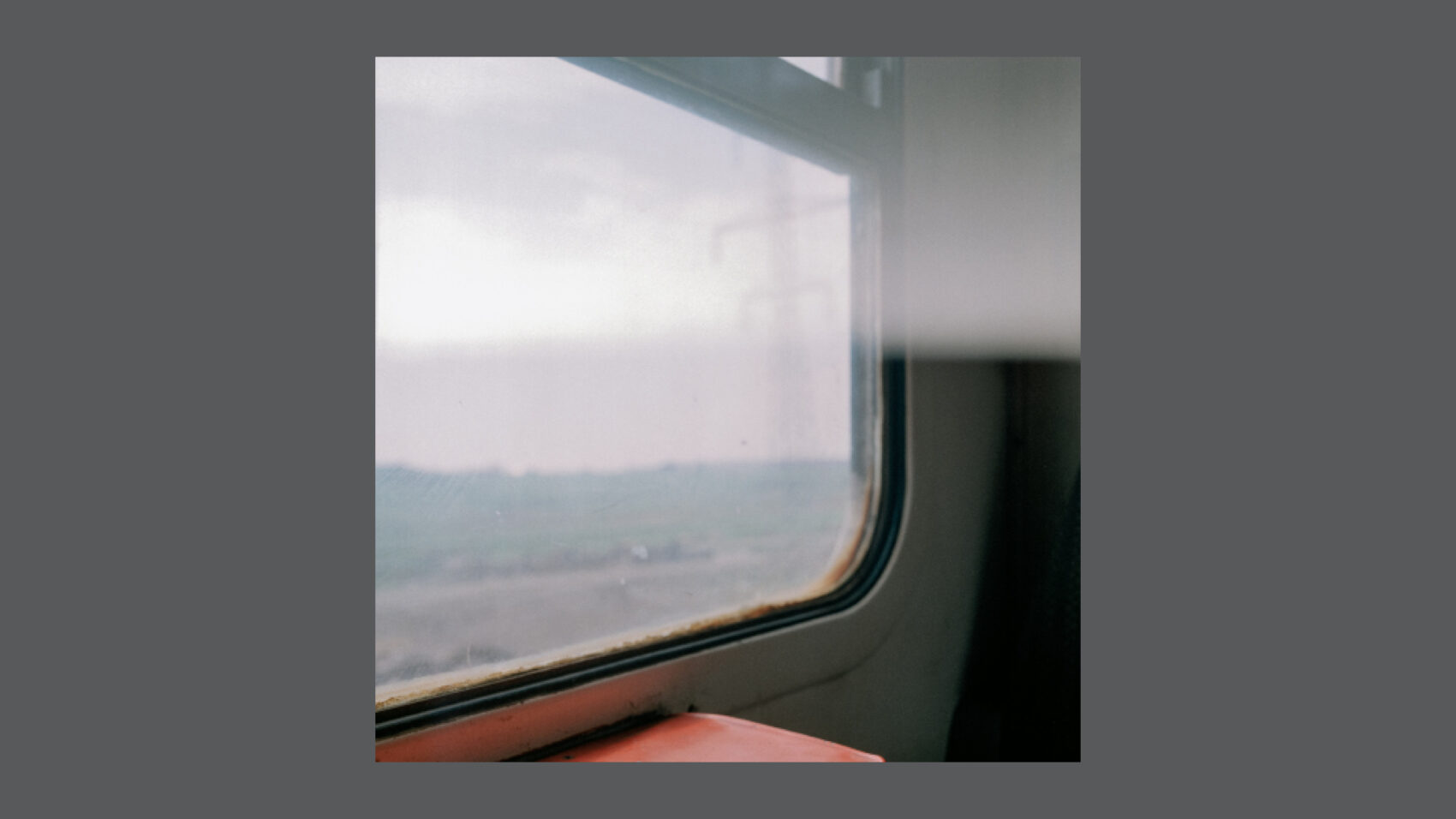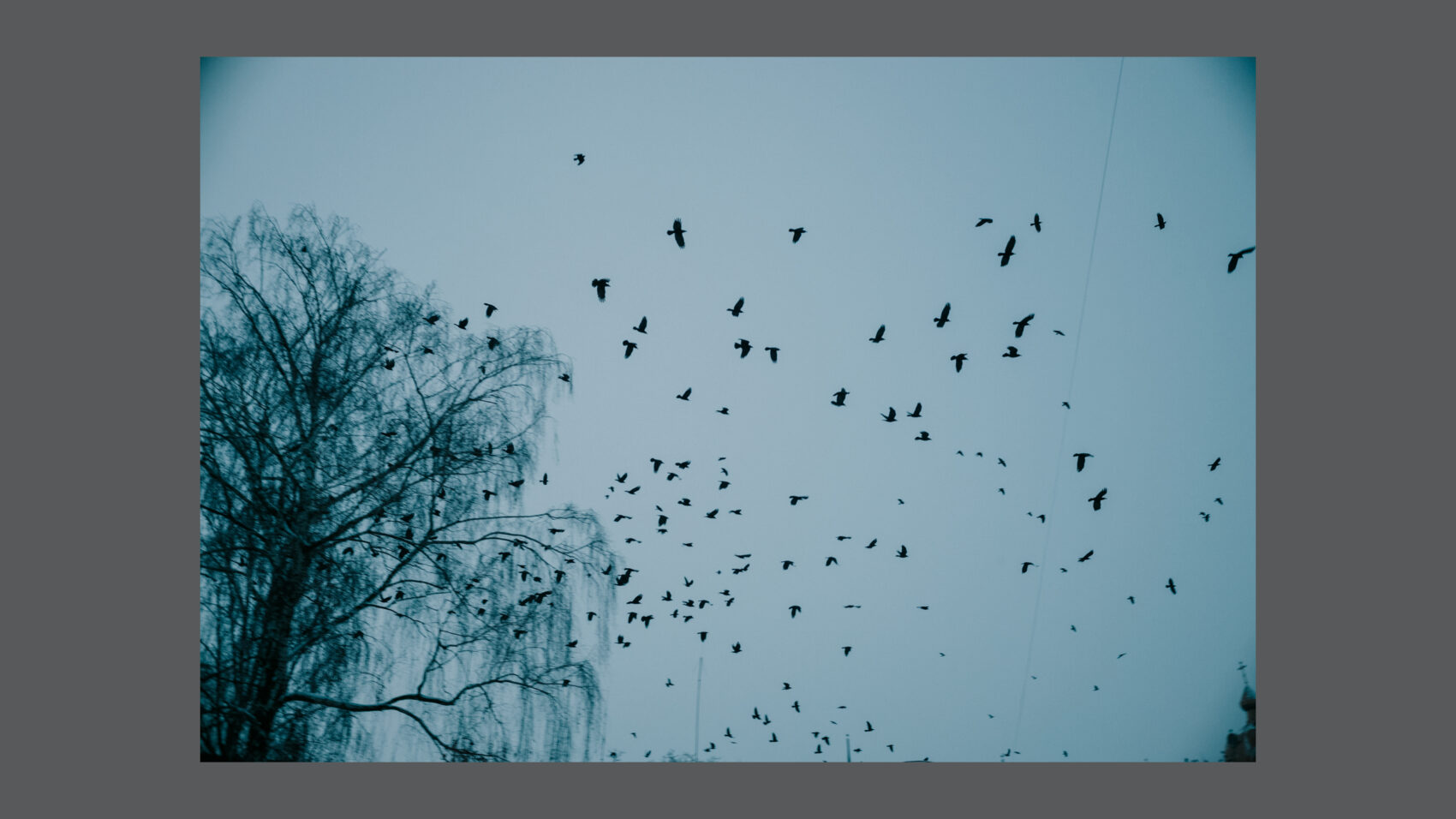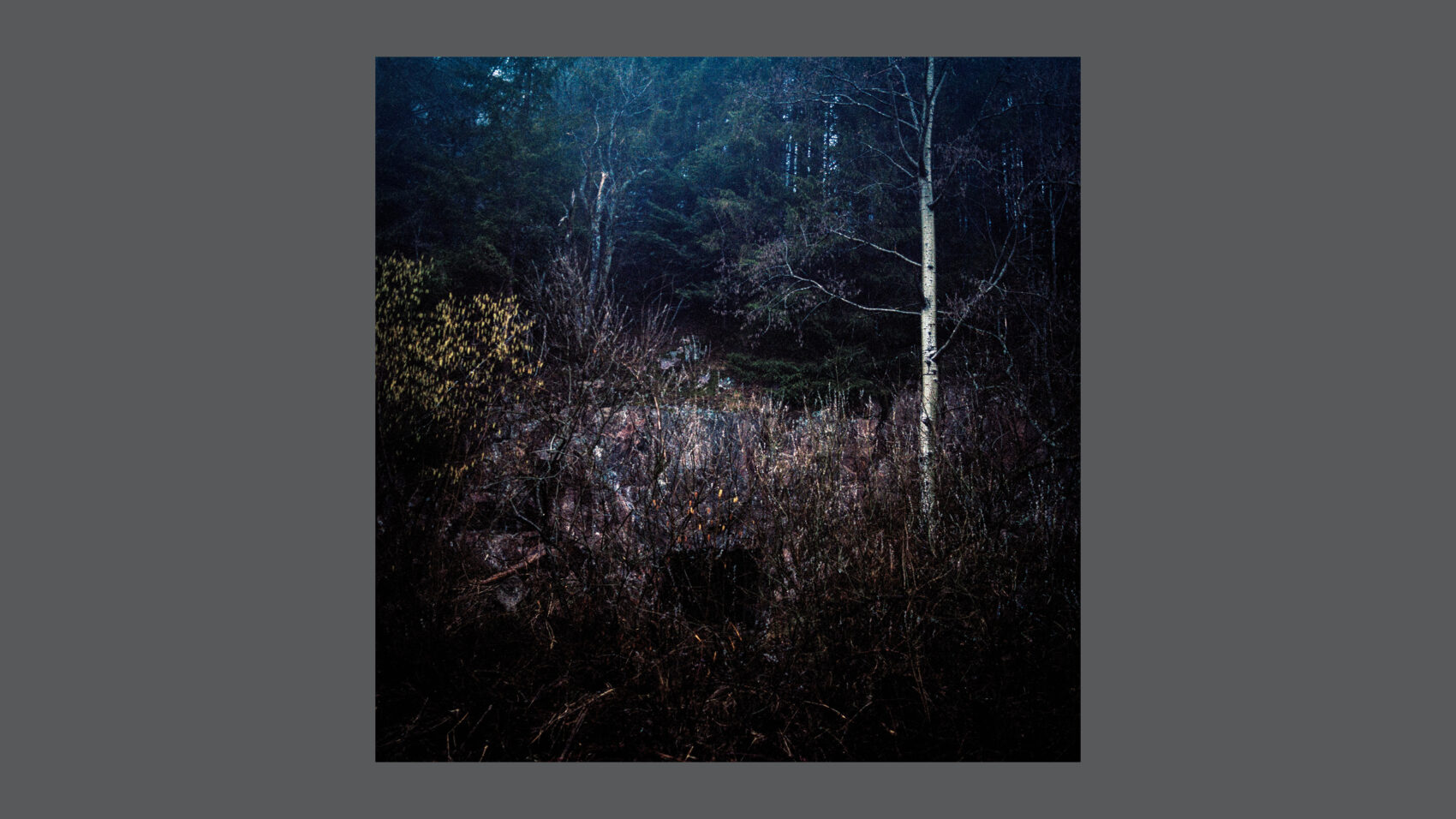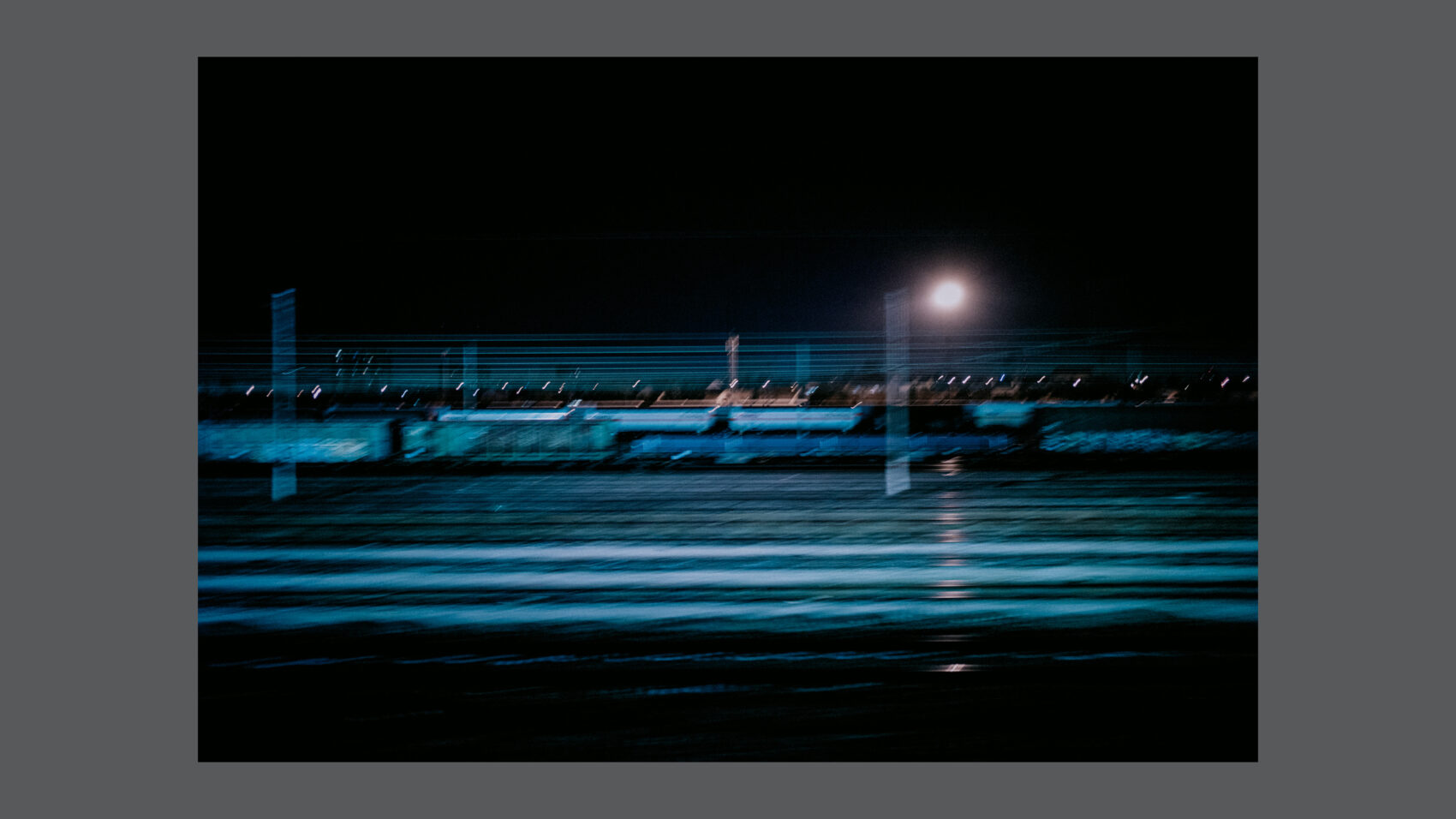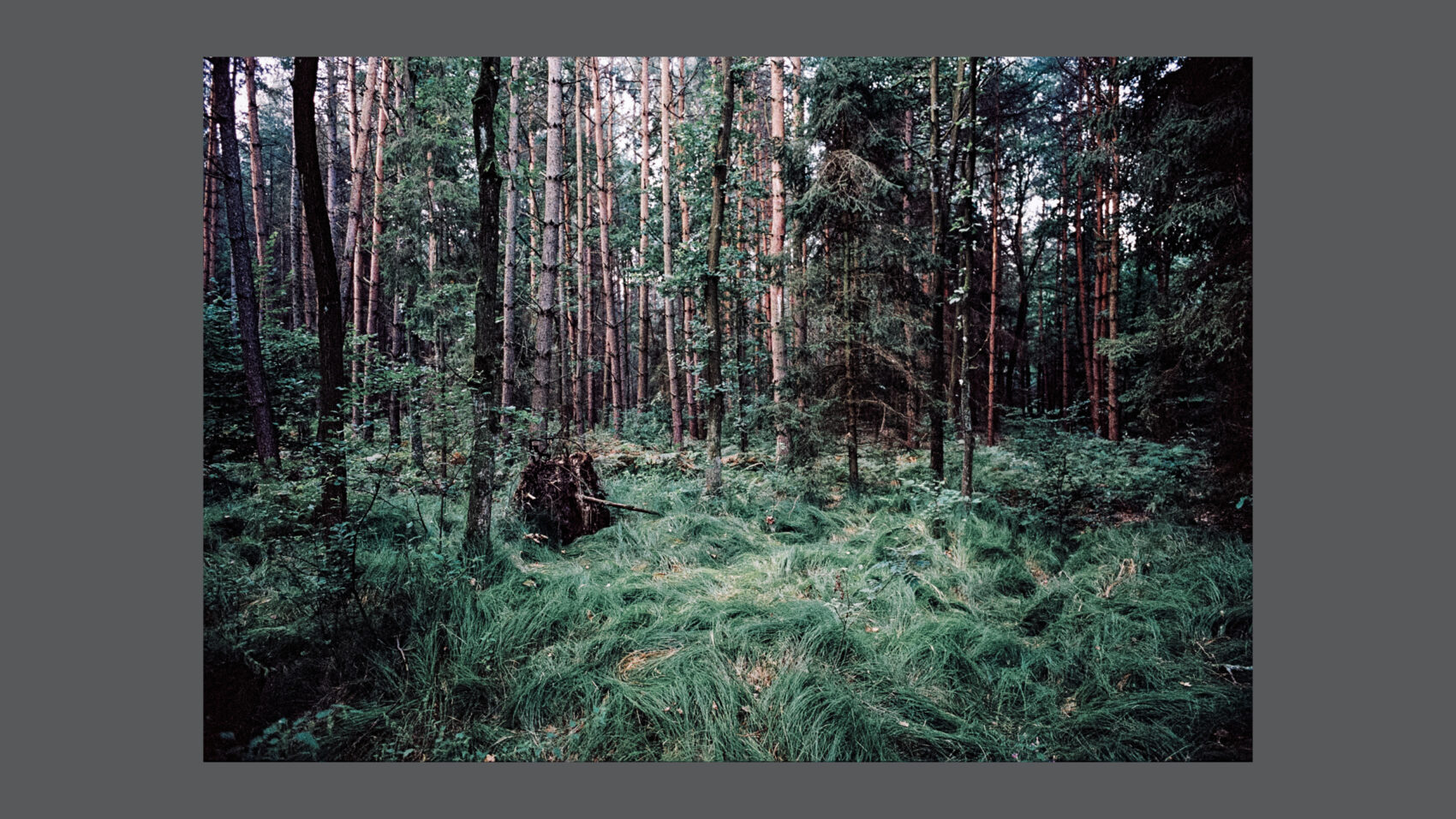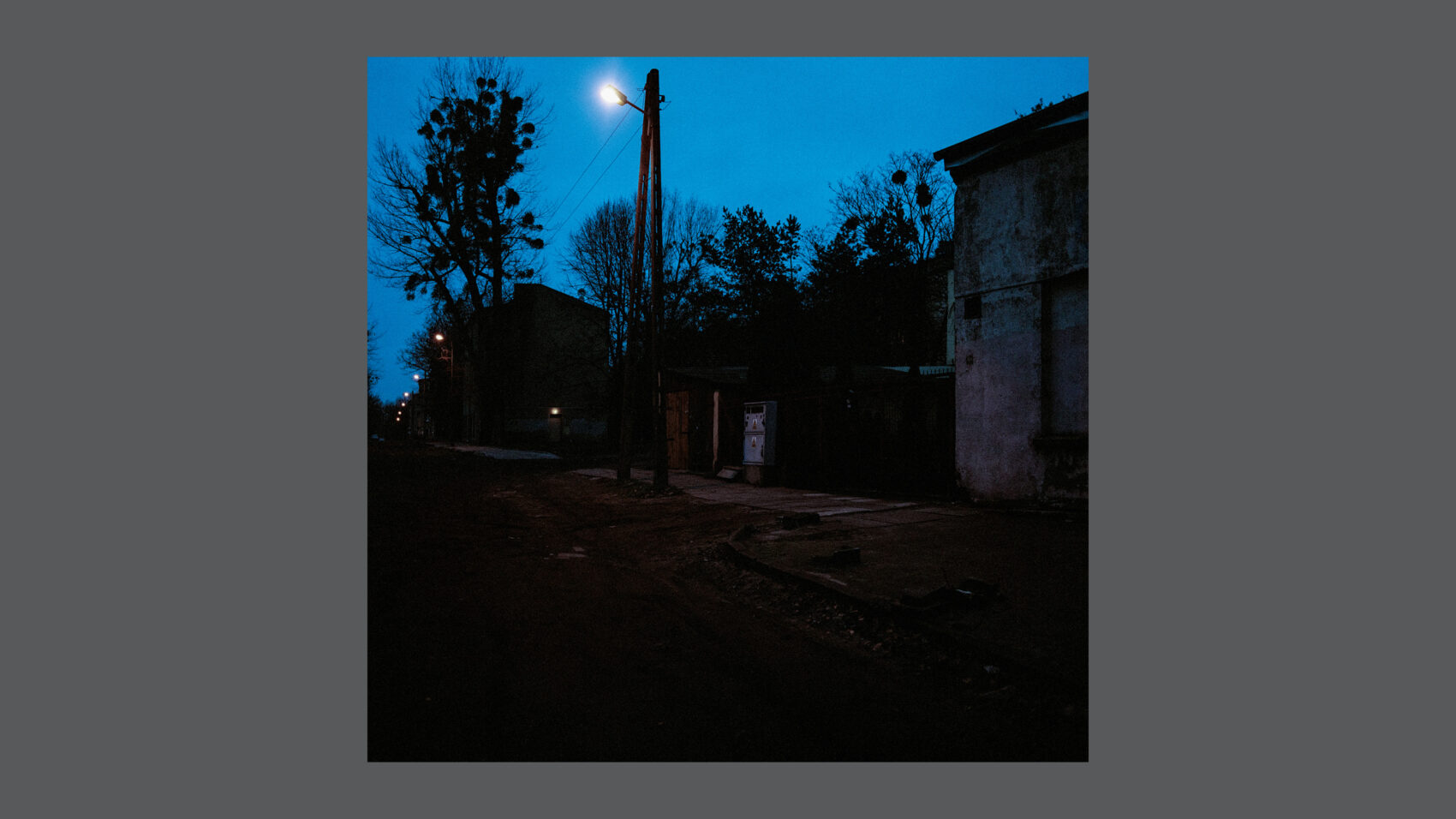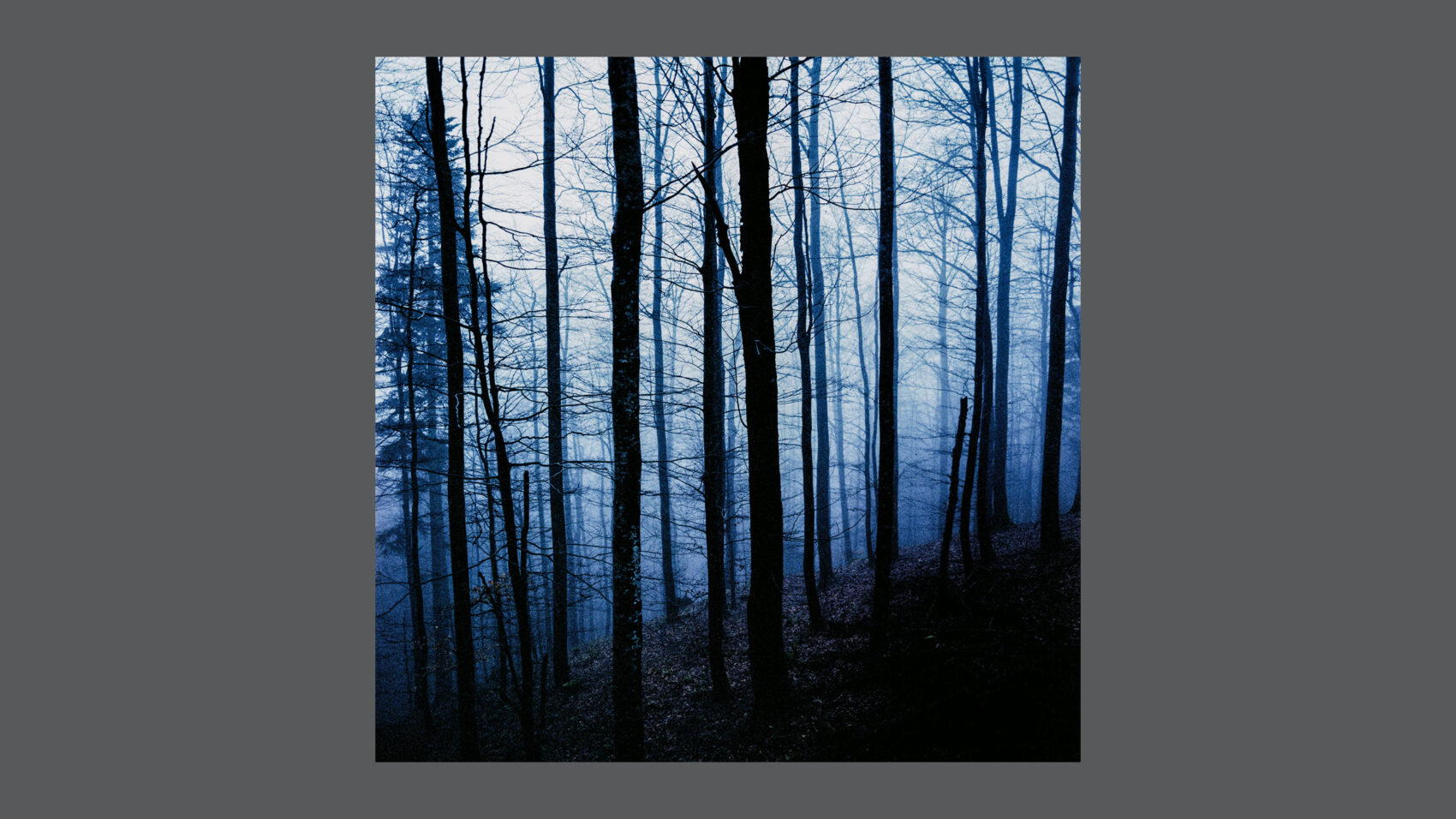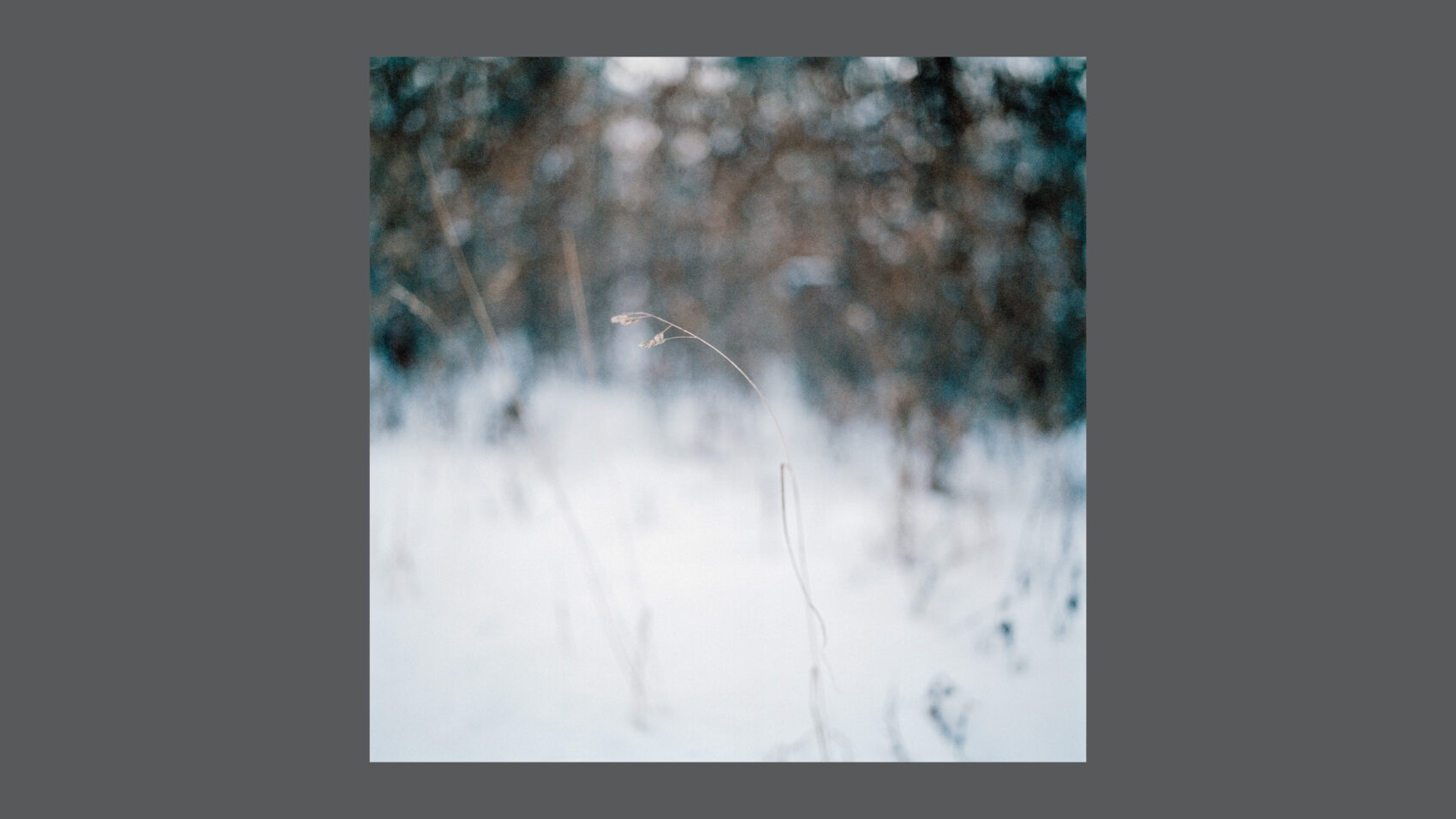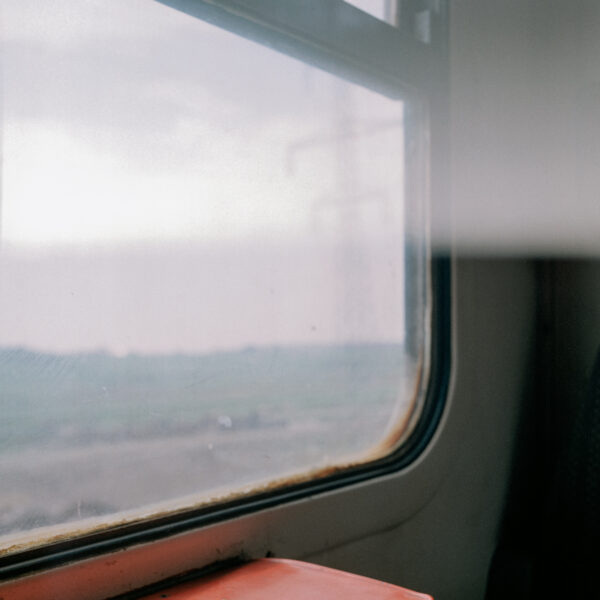Searching for the roots of a story
Marc Wilson
It is four weeks since I travelled to Romania, to Podu Turcului, to Bîrlad.
Only now, in Poland, after seven days on location on my next trip, I am stopped in a bookshop in Warsaw, and have found the quiet I need to write this down. 14 May 2018. Romania. Searching for the roots of a story, the story of my great grandfather, the story of Aaron Ianco. I already knew where his story ended.
Leaving Podu Turcului on the winding road to Bîrlad, I hated every pothole and crack in the road. I despised each bump. I detested the old man sat next to me in my hire car, whom I’d picked up and given a lift up the hill.
We sat in stony silence mostly, of course, because I spoke neither Romanian nor Russian, but also because that was what I wanted.
At the next village, when he gestured me to stop, I dropped him off. He offered me 10 lei for the lift, I refused, he insisted, I took it. My anger did not dissipate.
I had found the dusty and dirty town easily enough. I had found the track that led up a hill to where I believed the cemetery was, to where I believed my family were buried – those lucky enough to have died a natural death, that is.
Before those who remained were forced to leave, to move to the next place, to Bîrlad. I found the cemetery and ventured in, only to be confronted and chased out by dogs, barring my access beyond the gate and into my past. I had travelled 49 years and I could not get in. I was angry, and for the first time in my life, I was full of hate. Hate for the dogs that had chased me out of the cemetery, and for their owners. Hate for the people that had let this cemetery fall into ruin, for those in the village who, more than 90 years ago, had poisoned my grandmother’s dog. For those who had stood by and watched these things happen. Hate for the guards in Drancy, the Nazis and their collaborators, the guards at Auschwitz… everyone connected to my family’s story, for the 46 murdered members of my family.
Above all, I was simply sad, lost.
As a photographer, I longed to be able to make my work, tell the story, but also I longed to connect with my family, a family driven from Spain over 500 years ago, into North Africa, Turkey, Mongolia and into Romania.
Forced to leave the village by these dogs and my emotions, I drove on to Bîrlad. My Mémé: a child; her dog Mircou, poisoned for belonging to a Jew; her little sister, dead. The family’s next move, to Italy, and then to France. Paris.
The end. The end for Aaron, Convoy 46.
9 February 1943. Drancy to Auschwitz. Aged 73.
The inevitable end. Ash, on the ground, in the pond. The end for Aaron and 45 other members of the family. Cousins, uncles, aunts, nieces, nephews. The end.
But I returned that evening, resolute to try again. Jacket on, in case of the dogs. And there I met Elena. Kind and gentle, she kept the dogs away. Together we looked, it was almost dark. We communicated in a mix of English, French and Google Translate.
“Return tomorrow at three,” she said. I did.
Half the cemetery ground burned and covered in dark grey, black, ash. The rest overgrown. We searched. We cleared. We found one name – Iancovici, Moise – surrounded by six other graves. Toppled, broken stones. Hebrew text.
I worked. Two hours.
I photographed. Making memories of a family that had existed before this time. She took me in and fed me. Olives, cake, water.
14 May 2018
